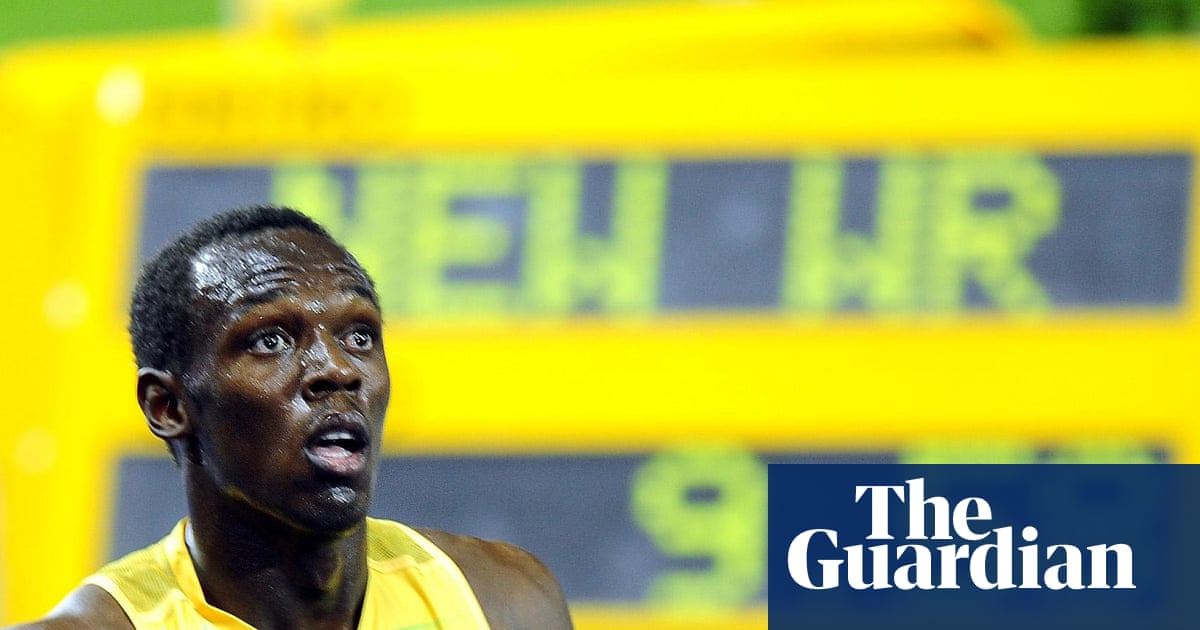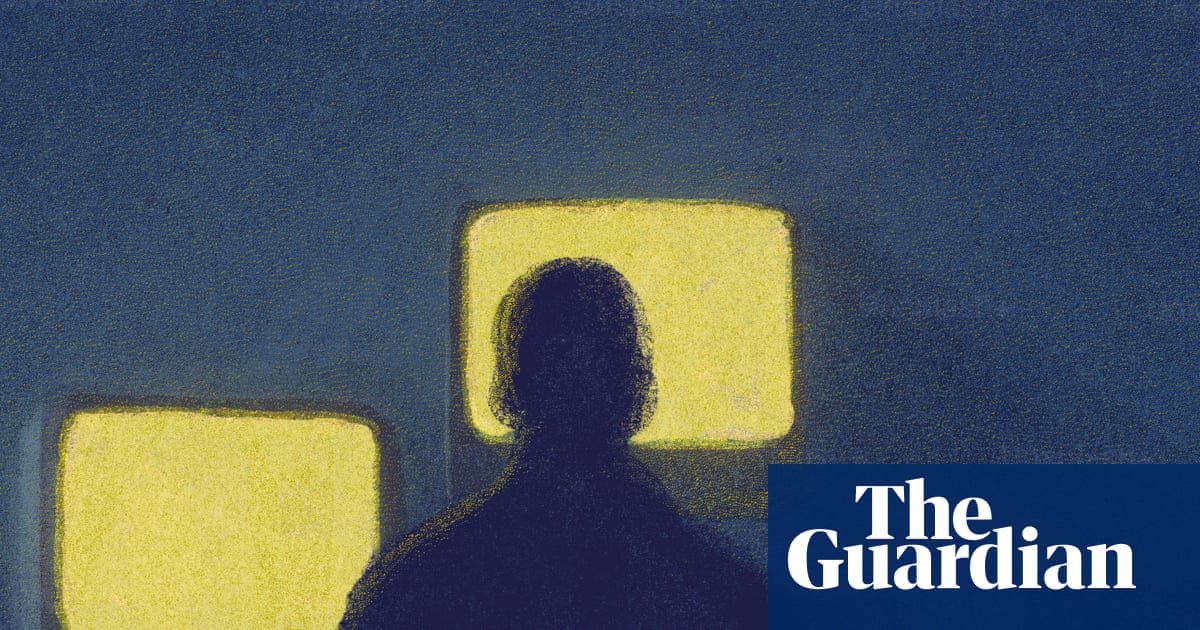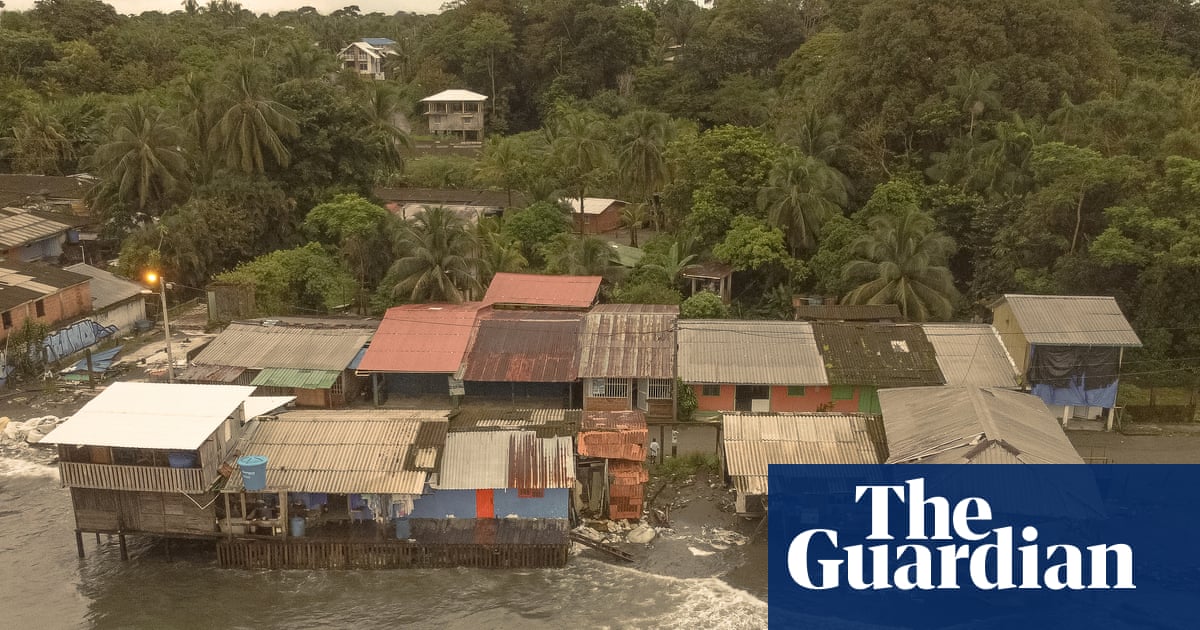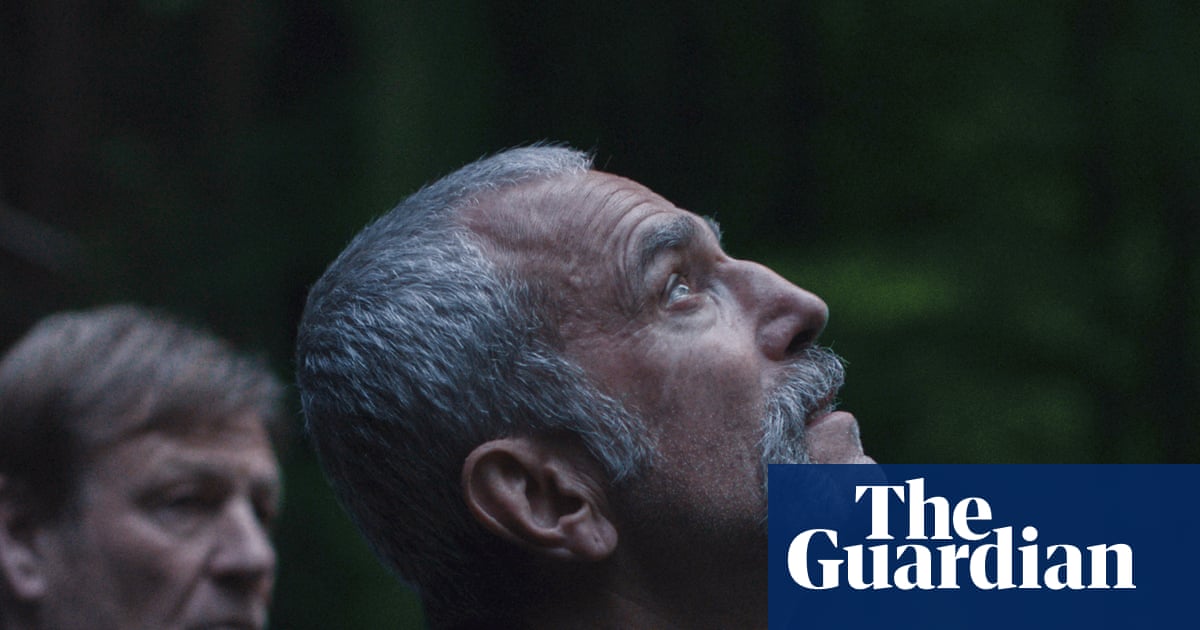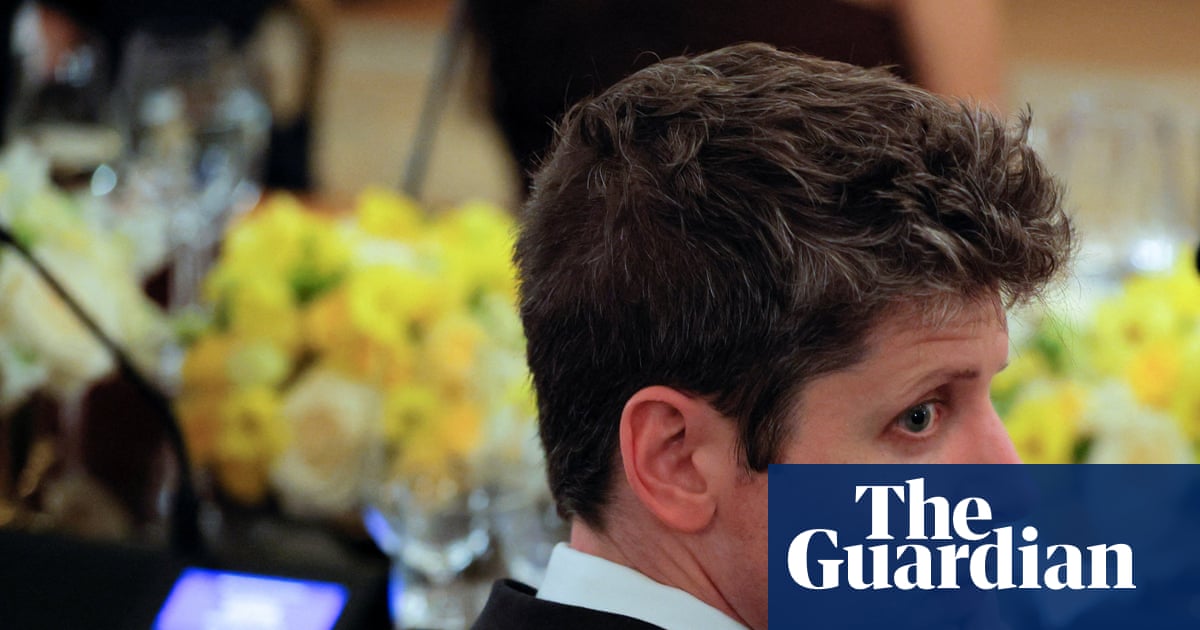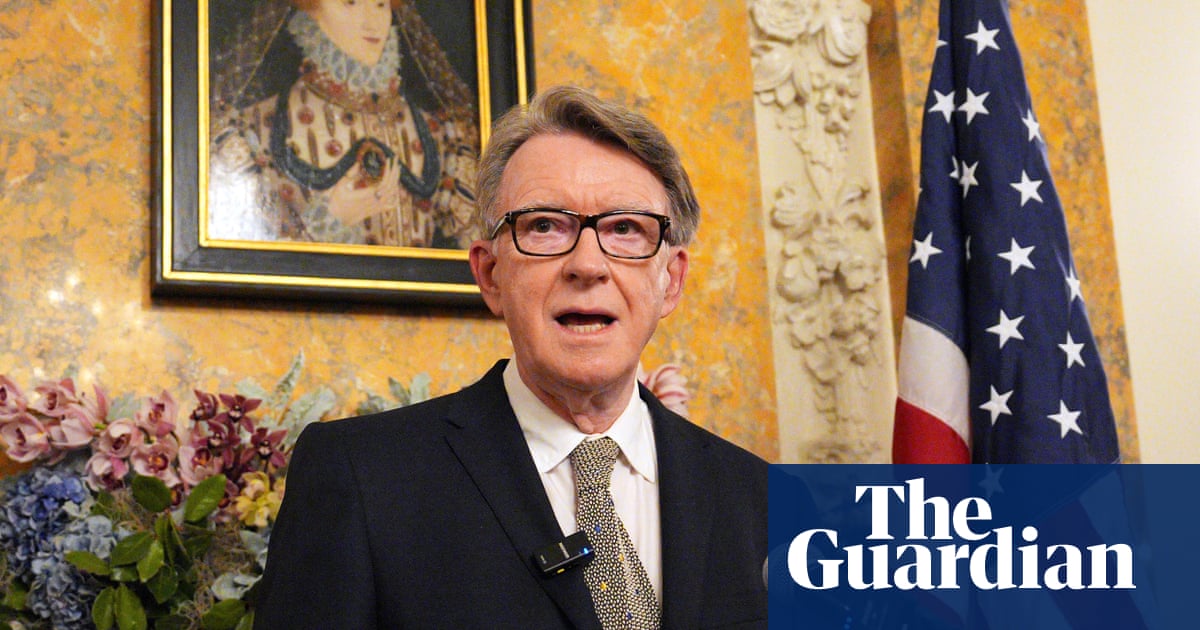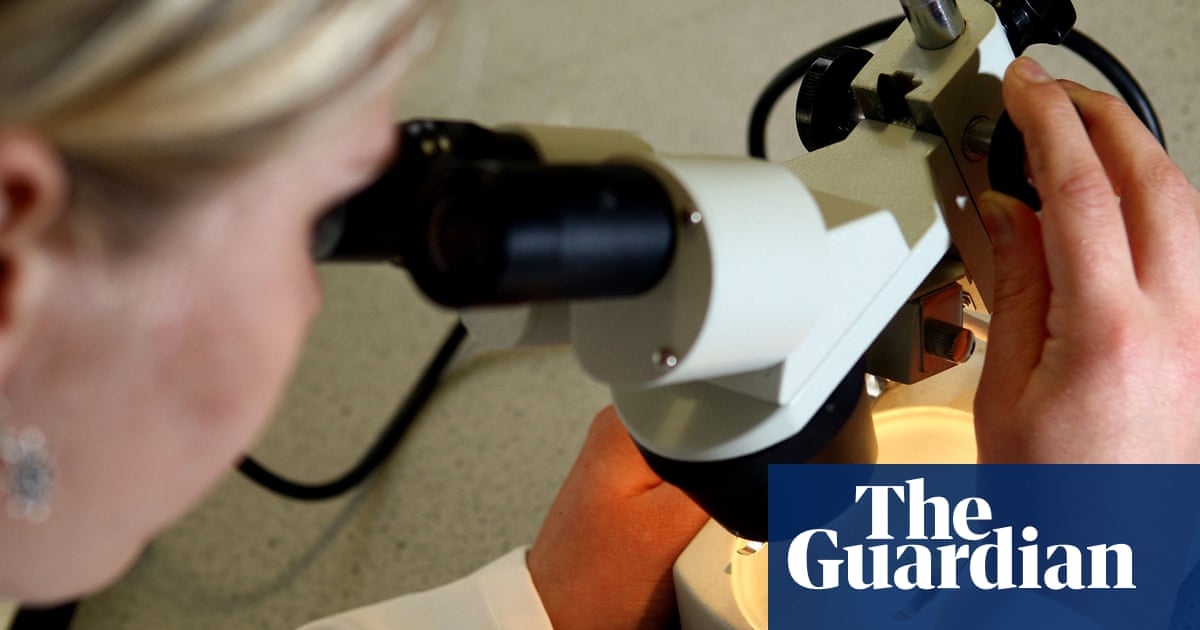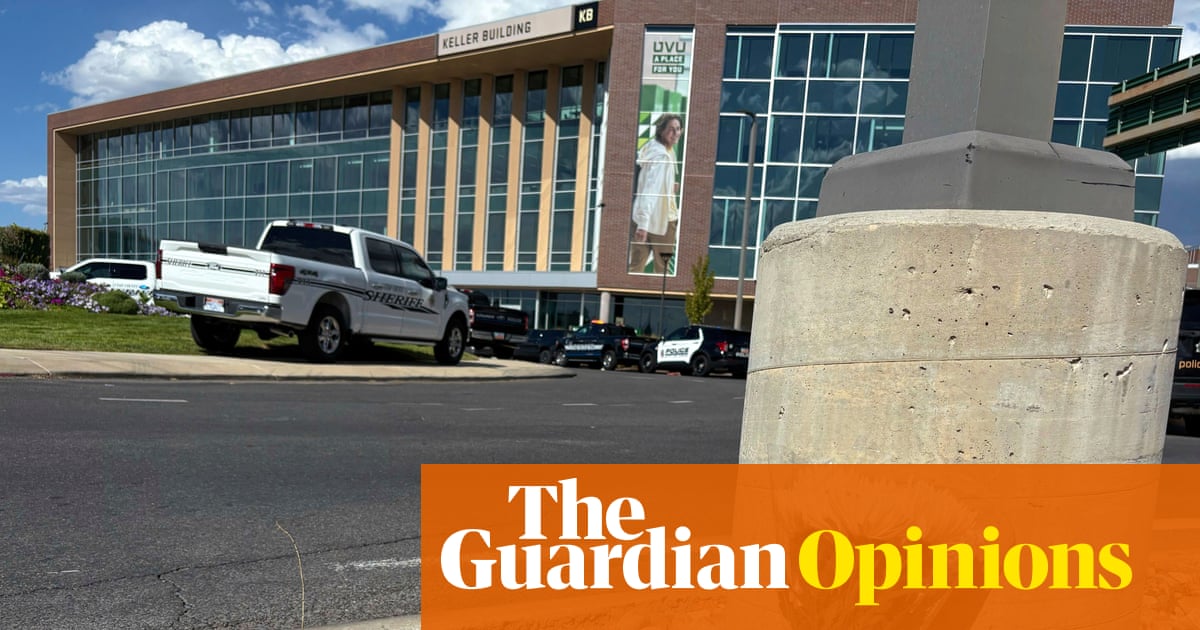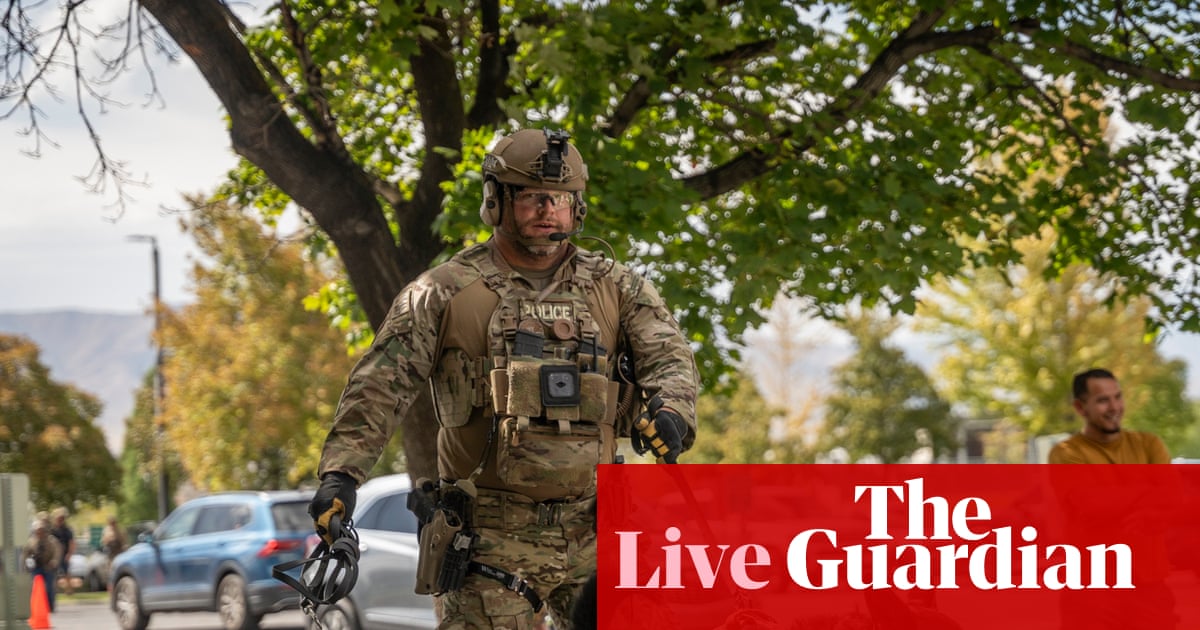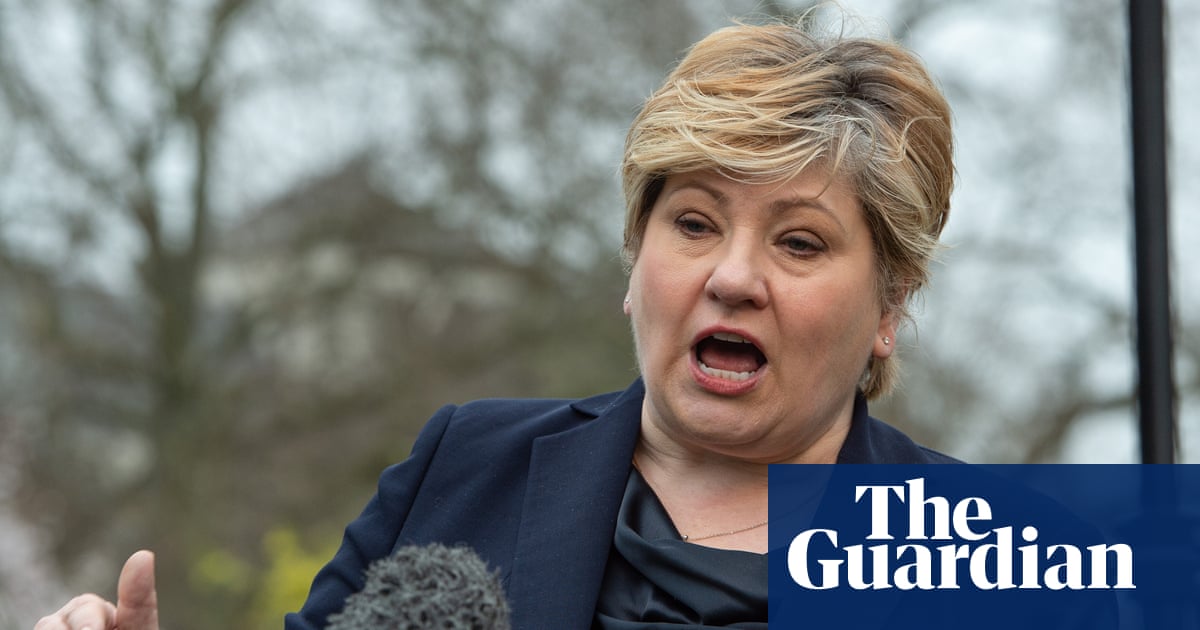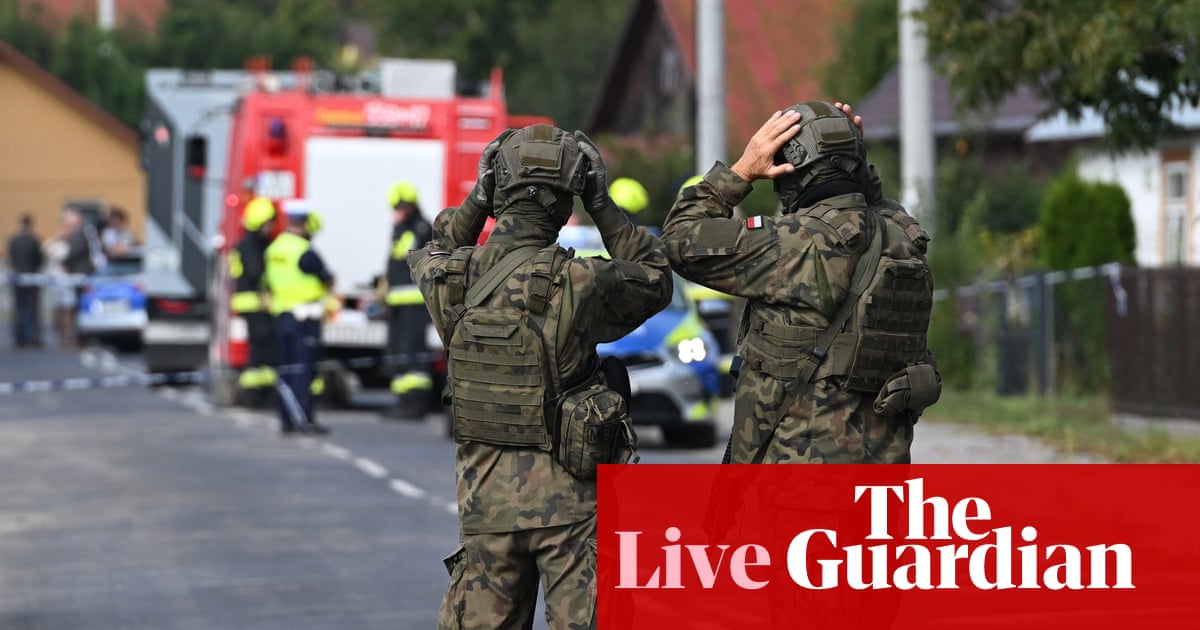The humanitarian situation in Gaza has reached a breaking point, with 2.1 million Palestinians trying to survive human catastrophe on the strip.
While there is a very faint flicker of hope that Israel is considering a change of direction with its rigid Gaza blockade, any relaxation of the blockade will take many weeks to be undone, given the starvation and malnutrition Palestinians have endured.
The UN under secretary general for humanitarian affairs and emergency relief coordinator, Tom Fletcher, this week warned that up to 14,000 babies were at risk of dying in Gaza within 48 hours unless life-saving food and supplements were rapidly distributed. Last week Fletcher observed: “For more than 10 weeks, nothing has entered Gaza – no food, medicine, water or tents.” He pleaded to Israel: “Lift this brutal blockade. Let humanitarians save lives.”
The UK has now announced a suspension of trade talks with Israel following fierce condemnation of the situation by the prime minister, Keir Starmer, in the House of Commons. Using language not used since the latest Gaza conflict began, the British foreign secretary, David Lammy, called Israel’s further planned major military incursion into Gaza “morally unjustifiable, wholly disproportionate and utterly counterproductive”. He told MPs: “We must call this what it is. It is extremism. It is dangerous. It is repellent. It is monstrous.”
But in Australia the Albanese government has been remarkably silent. Other than joining in a 19 May joint statement with like-minded aid partners, there has been little direct comment from Australia on the latest developments. On Wednesday, Australia’s foreign minister, Penny Wong, released a statement labelling UN reports on the risks to babies and children “horrifying”. But despite joining the 19 May statement, Australia did not join a separate statement signed by Canada, the UK and France warning Israel against expanding its military campaign in Gaza, threatening “further action”, including targeted sanctions.
Given how volatile the Israel-Hamas conflict had become in Australia, and how it was a potential flashpoint during the election, it might have been understandable that the government was largely silent on these issues before 3 May. But now, having been returned to office with a strengthened mandate and no apparent evidence that Labor’s position on Gaza had damaged it electorally, the Albanese government could speak out more forcefully on these issues both domestically and internationally. Most recently more attention has been given to the situation in Ukraine and Australia’s ongoing support for efforts to combat Russia’s aggression and to end that war.
How was the current humanitarian situation in Gaza allowed to develop? Israel’s latest blockade of Gaza commenced following the breakdown in March of the January ceasefire that had been negotiated with Hamas. From March until this week no humanitarian aid was permitted to enter Gaza. The result was that in addition to Israel’s continuing military assault on the territory, the civilian population only had small reserves of food, which gradually became exhausted.
The images of people in Gaza pleading for whatever food they could secure eventually became too much even for Donald Trump. At the conclusion of his Middle East diplomatic and trade tour last week, Trump commented on 16 May: “We’re looking at Gaza. And we’re going to get that taken care of. A lot of people are starving.” That statement appears to have been the catalyst for others to act.
Following the gathering of various world leaders in Rome on Saturday for Pope Leo’s inauguration mass, the wider international community has begun to speak out, no doubt also encouraged by the pope’s comments that “we cannot forget our brothers and sisters who are suffering because of war” and his direct reference to the situation in Gaza. In quick succession, on 19 May a joint statement was issued by Canada, France and the UK, calling on Israel to allow aid to flow into Gaza, followed the same day by a “Joint donor statement on humanitarian aid to Gaza”.
Australia joined with 22 other states and EU representatives making clear: “Food, medicines and essential supplies are exhausted. The population faces starvation.” It was bluntly stated: “We have two straightforward messages for the Government of Israel: allow a full resumption of aid into Gaza immediately and enable the UN and humanitarian organisations to work independently and impartially to save lives, reduce suffering and maintain dignity.”
after newsletter promotion
Israel has since allowed a handful of aid trucks to cross the border. Many more are in a queue awaiting a further relaxation of the blockade.
It would appear clear that the international diplomatic and political pressure on Israel had reached a point that it could no longer be ignored. This was despite the fact that the UN security council in New York has largely been just an observer. US congressional influence on Israel should be acknowledged, with Benjamin Netanyahu stating that “senators” who are friends of Israel had expressed their concerns.
Wong has consistently advanced a principled position on one aspect of the war in Gaza, which is that Australia respects Israel’s right to defend itself but how it does so matters. Starving a civilian population is a war crime and can be evidence of the commission of genocide. That clearly is something that matters.
Australia, as a friend of Israel and supporter of international law and the rules-based international system, needs to make its position on these issues crystal clear – directly in Canberra and in Jerusalem.
-
Donald Rothwell is professor of international law at the Australian National University

 3 months ago
58
3 months ago
58

